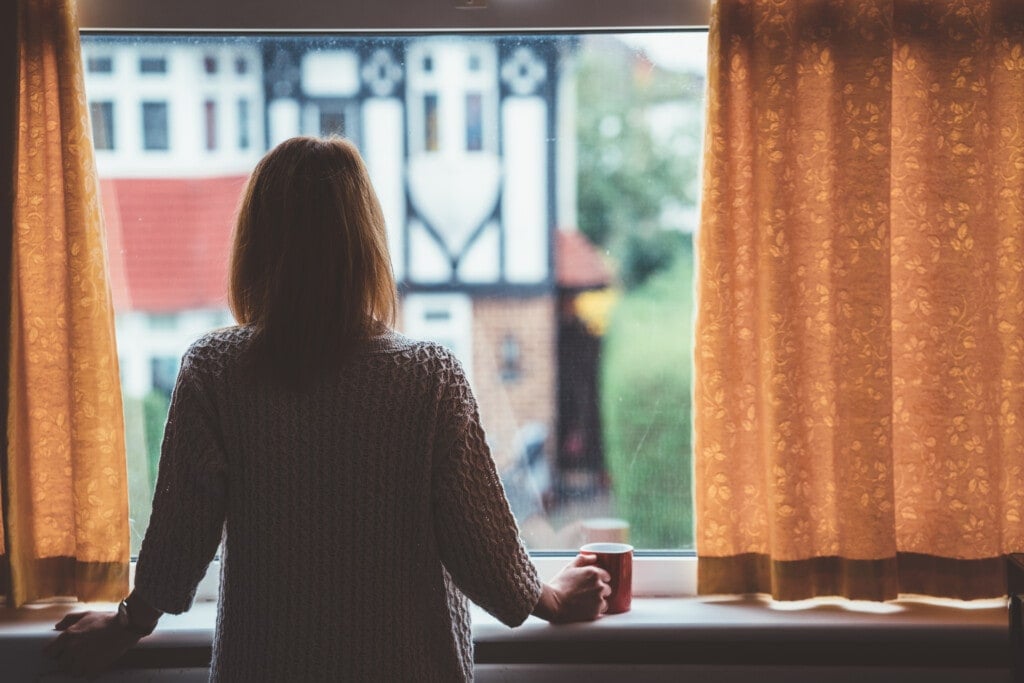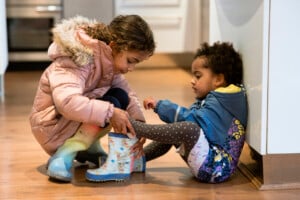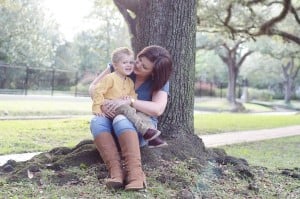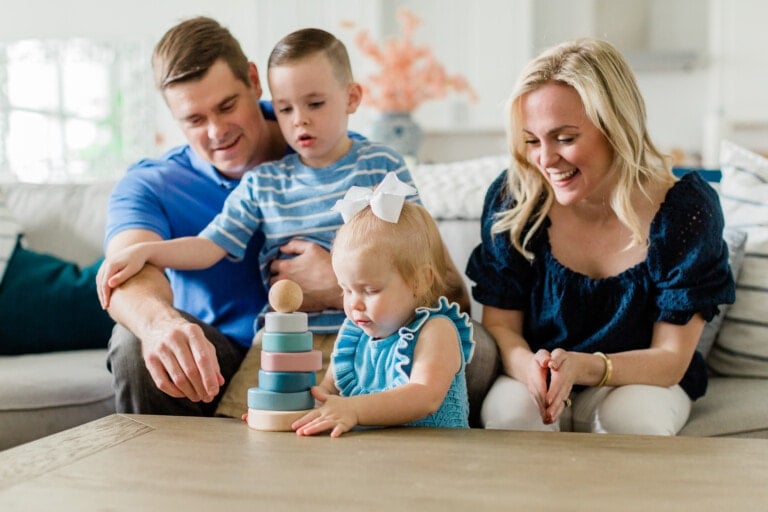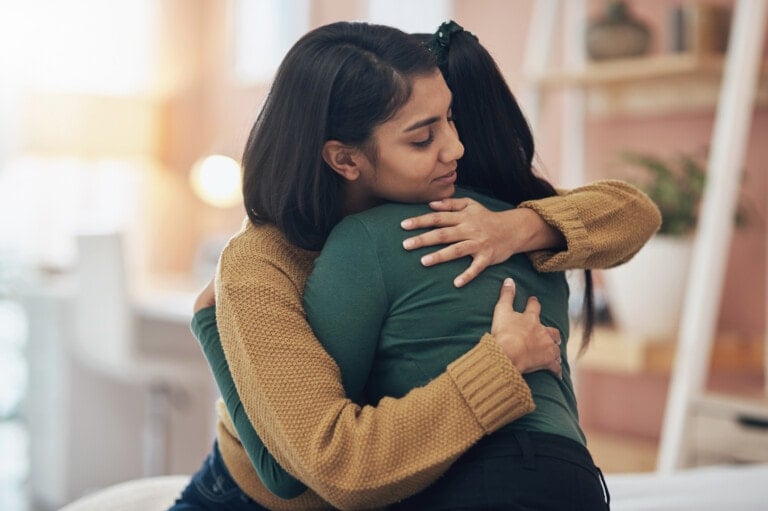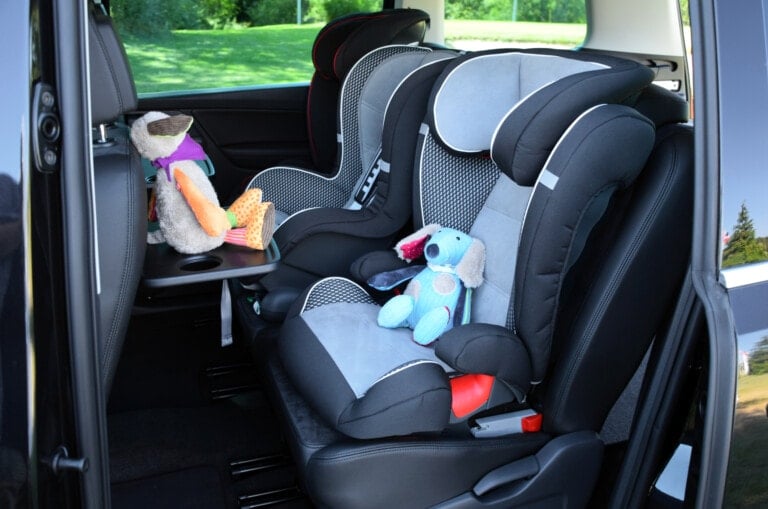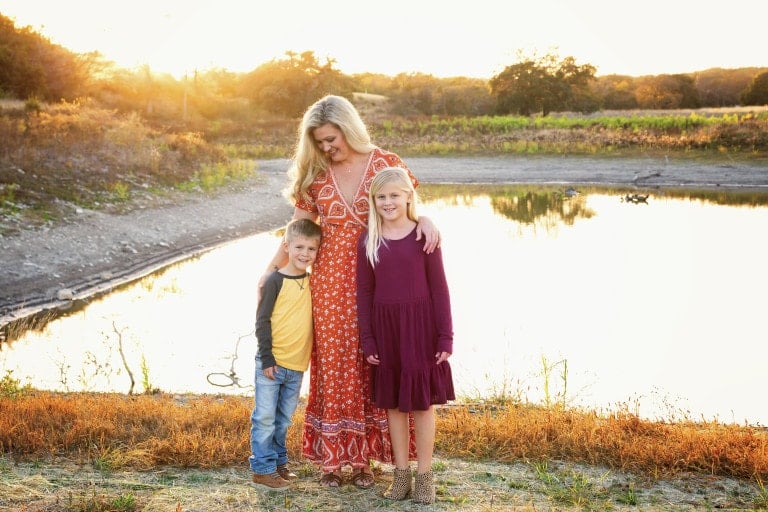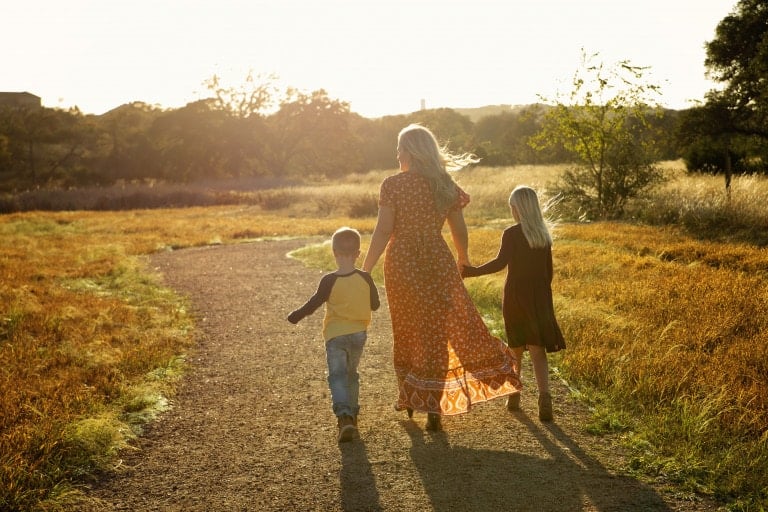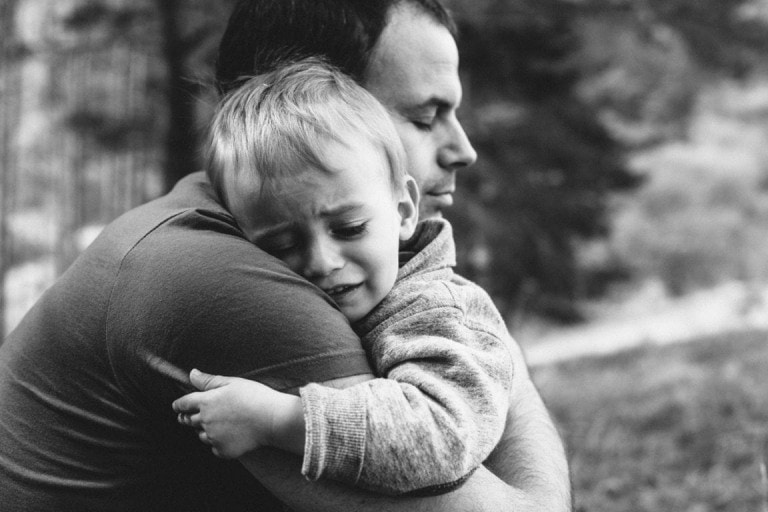Motherhood. When you hear the word, you automatically picture a mother and baby. But what about when the baby isn’t there? What about when the baby dies? Does that motherhood disappear? I’m here to tell you that it doesn’t. I am that woman that lost my baby, but that doesn’t mean I’m not a mother.
A Loss Like No Other
When my twins were stillborn at 35.5 weeks, I still had to deliver them. I still carried them and nourished them for nine months. I still had a C-section which required the full 8-week recovery. I still had to deal with my milk coming in. But there was no baby to show for it. Am I any less of a mother?
Just because I lost my baby doesn’t mean I’m not a mother. Just because you cannot see them or feel them doesn’t mean they don’t exist. My babies entered this world and changed it for anyone who had the chance to see them. Though they never took a breath in this world, they have impacted my life and the lives of my family and friends. My motherhood may be invisible, but my mother’s LOVE is fierce, intense, and never-ending.
Motherhood is so much more than just a mother and a child. It is so much more than what you can see. It is the connection between a woman and her baby on a physical, spiritual, mental, and emotional level. Whether a baby dies at 6-weeks gestation or 36-weeks gestation, a wanted baby always leaves behind a grieving mother. Unlike losing a parent or grandparent who leaves behind memories and moments to treasure, losing a baby leaves behind questions and what-ifs. Losing a baby leaves behind a mother grieving what could have been.
My Babies Were, And Are, Loved
When a baby dies further into a pregnancy or shortly after being born, a mother fights to preserve their memory. Almost feeling the need to prove their existence was real and that it mattered. You cannot see their baby, and you cannot witness their motherhood. But it is there, and it is real.
When other mothers were up in the middle of the night feeding their babies, I was up changing my shirt because my milk came in, but there was no one to drink it. When other mothers were crying tears and suffering from baby blues, I cried tears and mourned my babies who died. When other mothers were sharing their babies’ monthly pictures and stats, I was looking at the same album of photos over and over, afraid to share them and be judged by others.
Overnight, I became a childless mother. I had brought two beautiful baby girls into the world but have nothing but pictures, trinkets, and urns to show others. But, I am still a mother. My babies still existed. My babies were and still are, loved.
Pregnancy And Infant Loss Is Not Uncommon
Society predicates motherhood with being pregnant, carrying a baby for nine months, having the baby, bringing the baby home, and raising the baby. But that is not real life. One in four pregnancies will end in loss, and 10-15% of known pregnancies will end in miscarriage. About one in 100 women will go on to have repeat miscarriages. Additionally, one in every 100 pregnancies will end in stillbirth. Pregnancy loss is not new, and it is not uncommon.
Ronald Reagan said, “When a child loses his parent, they are called on orphan. When a spouse loses his or her partner, they are called a widow or widower. When parents lose their child, there isn’t a word to describe them.” The death of a child is so taboo, there is no term for the parents left behind. It is already an isolating and confusing time, but when others question the validity of your motherhood, it is even lonelier.
Honoring My Children
For the rest of my life, I will fight to honor my babies. I will share pictures, tell stories from my pregnancy, display their items in my home, and talk about them as much as possible. Sometimes, I am doing it for myself because I love any opportunity to talk about and share my girls. Other times, I am doing it for them because I want to ensure others remember and honor them. I’m just doing what any mother would do: talking about my children.
Some mothers choose to grieve alone, only sharing with their partner or those closest to them. Some mothers decide to grieve publicly, sharing with the world. In the end, we are all mothers. Though you cannot see our children, they were a part of us and our lives. Though we have no milestones to brag about, pictures to share, or stats to update, we are still mothers. Though our babies will never grow up or physically be a part of our days, we will always carry them in our minds and hearts.
It is not the physical presence of a child that makes a mother. A child does not have to be present for a mother to exist. A living baby does not make someone a mother; love does. Someone becomes a mother the moment they open their heart to becoming one. Even if that baby is never carried in their arms, only in their heart, they are still a mother. Even if that baby dies, they are still a mother. Motherhood is not defined by the number of children one holds in their arms. Instead, it is defined by how many they hold in their heart.













